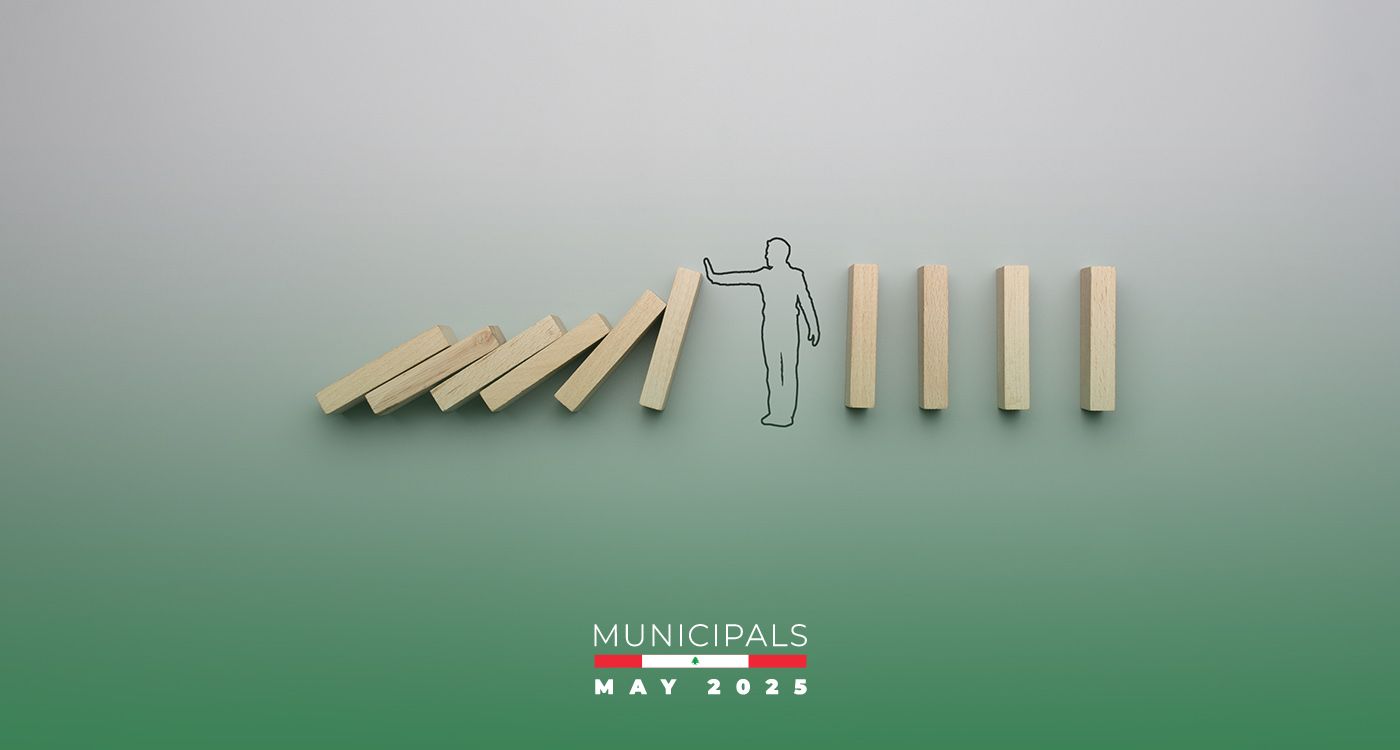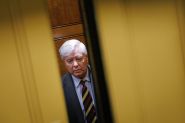
A surprise in name only.
The dismal performance of Lebanon’s so-called “change” movement in the ongoing municipal elections has once again laid bare a reality its MPs have long sought to obscure.
They had presented themselves as a breath of fresh, hopeful air in a suffocating country. Riding the momentum of the October 2019 uprising, these self-proclaimed reformers had made sweeping promises: to dismantle corruption, topple political dynasties, and restore a voice to a stifled generation.
More than five years later, the ballot box has sealed the fate of a failed dream.
The 2025 municipal elections sent a clear message: a stinging rebuke. The vote shares won by these civil society candidates are not only far below their 2022 parliamentary results, but in many cases even trail the modest showings of independent campaigns in 2016. The verdict is clear: “change” never materialized.
And this is not mere rhetoric.
If the vote was meant to test the strength of the “change” movement at the local level, its MPs have managed to turn their already eroding momentum into a humiliating political and social debacle.
The results confirm a dramatic loss of credibility.
The numbers speak for themselves: the roughly 8% of the vote they scraped together last Sunday in the third phase of municipal elections in Beirut marks a sharp decline from the 2016 results. That year, thanks to their delays and behind-the-scenes maneuvering – details of which emerged later – they managed to capture 35% of the vote in the capital.
Supported notably by MPs Ibrahim Mneimneh and Paula Yacoubian, the Beirut Madinati list – or at least much of its slate – now looks back at the alliance unfavorably, even going so far as to describe it as damaging to their already tarnished reputation.
They also capitalized on the fading support for former Prime Minister Saad Hariri – a decline now reversed thanks to the Sunni leader’s renewed popularity – to advance their political standing.
In May 2022, the electoral success of the so-called “change” MPs – who secured 19 seats – was partly rooted in popular support but mainly driven by a temporary factor: the sudden collapse of the traditional Sunni current following Hariri’s withdrawal from political life. This power vacuum created an opening that established forces failed to fill in time, allowing alternative candidates to attract a population eager for new faces – often more by default than out of genuine commitment to a well-structured platform.
The so-called “protest vote” soon collided with the harsh reality of the Lebanese system: a confessional labyrinth, steeped in clientelism and tightly controlled by deeply entrenched political elites. Caught in the web of parliamentary balances, the “change” MPs quickly gave up their oppositional stance in favor of compromise, exposing their true limits.
What was meant to be a bold opposition quickly became, for many, a series of ambiguous alliances with the very forces they claimed to oppose. Some found themselves voting alongside parties accused of clientelism or embezzlement. Others accepted positions on parliamentary committees dominated by traditional blocs. They saw this as a way to exert influence but ultimately came across as absorbed into the system.
Disillusionment ran deep because the hope had been so high. The symbols of the revolution gradually faded amid shifting alliances, clashing egos and a lack of coordination. One of the movement’s most glaring failures was its inability to form a unified, coherent and program-driven front. Each MP went their own way, often more focused on media visibility than on working toward a common plan.
The dream of real change in Lebanon hasn’t vanished yet. While it has been undermined by those who claimed to represent it without embracing its demands, hope can still be revived. But it will take more than a slogan or a protest vote. It will require a clear strategy, a strong organizational structure, and true independence from the old power structures – free from sectarian dynamics and anchored in firm principles. For now, like Penelope, Lebanon will go on waiting – again and again – for real change to finally arrive.




Comments